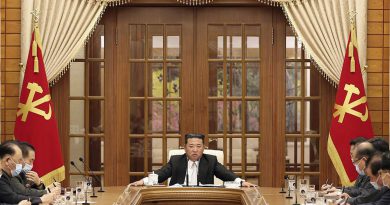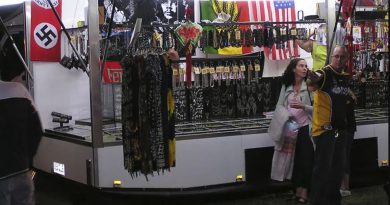Spring All Year Round: Storing Seeds to Improve Vegetation Cover in the Kingdom
Riyadh — The idea of creating an “all-year-round spring” in a desert climate may sound ambitious. Yet environmental experts in Saudi Arabia say the concept is becoming increasingly achievable.
Environmental consultant Oubaid Alouni believes seed preservation can transform the natural landscape. By planting flowers suited to each season, he says vegetation cover can flourish throughout the year.
“There are flowers that bloom in summer, others in spring, and some in autumn,” he explained. r5“This cycle supports life and keeps nature active all year long.”
Alouni highlights honeybees as one of the most critical species linked to this effort. They rely on flower availability, making floral diversity essential for their survival.
A strong population of pollinators, he said, indicates thriving plant life. This balance also supports beekeepers and contributes to local economic stability.
He noted that environmental sustainability extends far beyond flowers alone. The health of pollinators affects the health of entire ecosystems.
Birds, for instance, feed on insects and pollinators found in natural habitats. If pollinators decrease, bird populations may decline as well. “Every species is connected,” Alouni added. “Removing one link creates imbalances across the ecological pyramid.”
Raising awareness about environmental protection remains a key priority. Alouni recalled a time when public understanding of vegetation preservation was limited.
Volunteers were few and environmental advocacy was not widely recognized. “People used to be surprised by our efforts,” he said.
Today, environmental sustainability has become a national focus in the Kingdom. Government initiatives emphasize restoring natural habitats and supporting ecological balance.
One major contributor to this progress is the National Center for Vegetation Cover Development and Combating Desertification. The center has launched wide-scale projects to support native seed production.
A recent initiative involves planting one million seedlings sourced from mother seeds. This effort has significantly increased the production and preservation of local seeds.
Seed production rose from 30 tons last year to more than 80 tons this year. The 167 percent increase strengthens national seed reserves and enhances restoration capabilities.
These seeds are scattered across degraded lands to rehabilitate vegetation cover. The process helps reestablish natural habitats and improve ecological health.
More than 30,000 hectares of rangelands can now be restored each year. This expansion supports biodiversity and contributes to long-term sustainability goals.
Saudi Arabia also achieved global recognition for its seed storage efforts. The Kingdom secured a world record for maintaining the largest seasonal seed collection.
This accomplishment highlights the country’s growing leadership in biodiversity protection. It also underscores the importance of storing genetic resources for future generations.
Alouni said the momentum is supported by increasing community involvement. He recently joined volunteers planting native seeds across natural areas.
He described these activities as a sign of growing public awareness. Officials and volunteers are working side by side to strengthen vegetation cover.
“The efforts have increased, and we hope to do even more,” he said. “We should not stop here—the environment still needs our support.”
Alouni added that many once-doubted flowers now thrive in unexpected regions. Common poppies and anemones, previously thought unsuitable for central Saudi Arabia, are flourishing.
Their growth has turned parts of Najd into colorful landscapes. He believes this transformation reflects the Kingdom’s environmental potential.
According to him, restoring vegetation cover is not just a seasonal project. It is a long-term mission to strengthen nature, enrich biodiversity, and support future generations.



